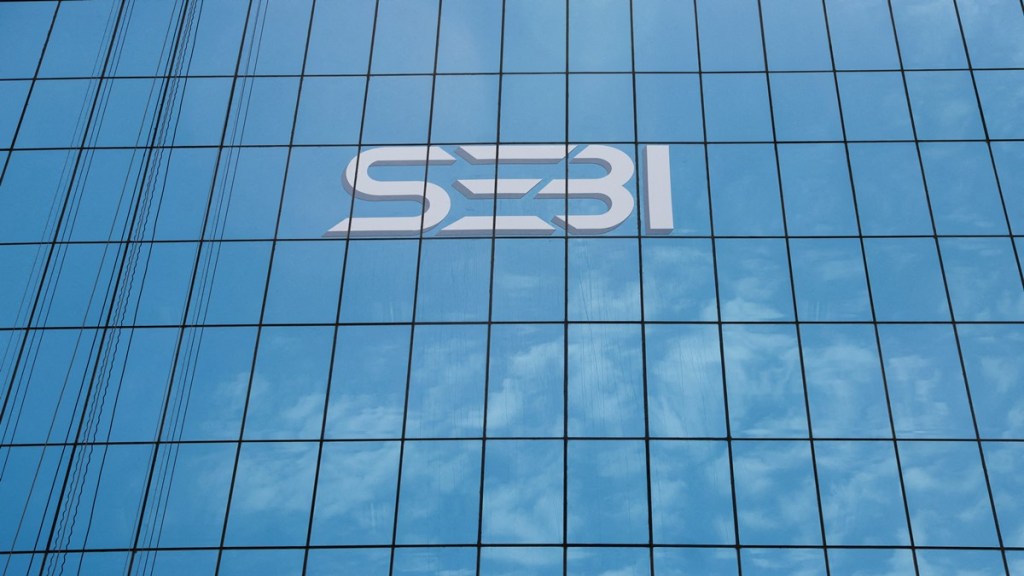In rejecting the demand for a transfer of the Adani-Hindenburg case from the Securities and Exchange Board of India (Sebi) to the Central Bureau of Investigation (CBI), the Supreme Court has reposed faith in the market regulator. That should be welcomed as any move otherwise would have severely undermined Sebi’s authority and credibility, for no apparent reason. The court’s refusal to take media reports as well as the one by the Organized Crime and Corruption Reporting as evidence is understandable. After all, such external reports should be treated only as information and not evidence to prove a wrongdoing. The regulator has arguably done what it could do under the powers it has, and an enquiry of this nature, where foreign agencies are involved is indeed a time-consuming process. In that sense, too, the decision to ask Sebi to wrap up the investigation in an extended deadline of three months is an appropriate one.
So far, the regulator has finalised 22 investigation reports, and these have been approved by the competent authority. Sebi has looked into a possible failure to disclose transactions with related parties, including any fraudulent nature of transactions or a misrepresentation of final statements. Moreover, the regulator has investigated whether foreign portfolio investors or foreign entities have manipulated stock prices of the Adani Group companies. Possible violations of insider trading rules by any entities have also been dealt with. The two aspects that the regulator is understood to be still probing relate to the ownership of the 12 FPIs who hold stakes in the Adani companies and the identities of those who had short-sold Adani Group shares during January 18-31 around the time of the release of the Hindenburg report. Sebi has said, while updating the court, that establishing the economic interest of shareholders of FPIs is a challenge because they are located in tax haven jurisdictions. But it is important that the regulator gets to the bottom of the matter. A probe of this magnitude will hold many lessons, and it is important we try and unearth as much information as we can.
The Adanis have much to be pleased about the progress of the case so far as nothing adverse has been found so far. The transfer of the matter to another agency would have been time-consuming and deepened the uncertainty over the group companies. Having said that, it is important the findings of the investigations are put out in the public domain, once Sebi concludes its probe. Such transparent practices are needed as the case has so far played out largely in the public domain, including in the stock markets, and it would be instructive to know on what basis the regulator arrived at its conclusions. The Adanis themselves would surely welcome such disclosures.
The SC has also held that there are no valid grounds to direct Sebi to revoke amendments on Foreign Portfolio Investments and Listing Obligations and Disclosure Requirements (LODR), which, the court said, had helped make the regulations more stringent while ensuring they do not suffer from any infirmities. At the same time, the judges have directed the regulator to take cognisance of the recommendations of the six-member expert committee, set up by it, on strengthening the regulations. In fact, the court has ruled that there is no conflict of interest between the members and the probe. That also should be taken to its logical conclusion at a later date.

